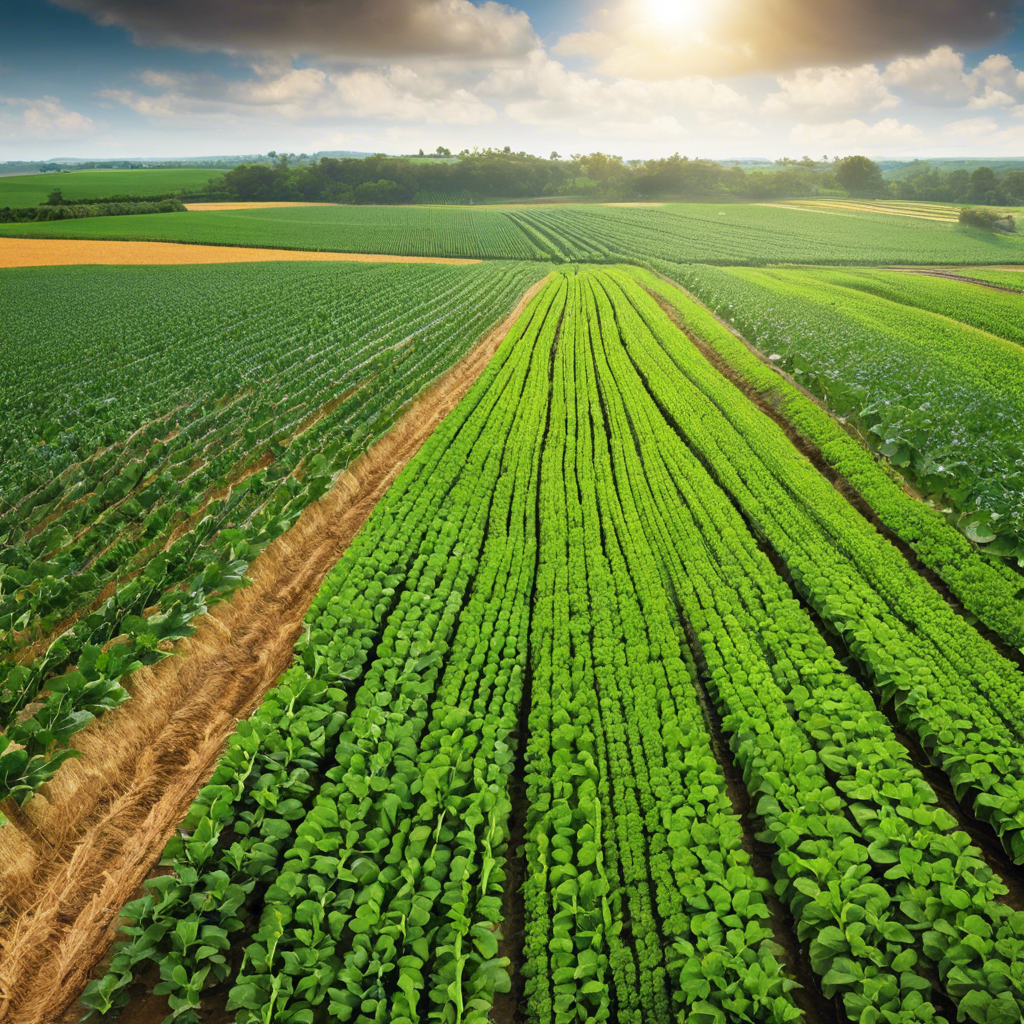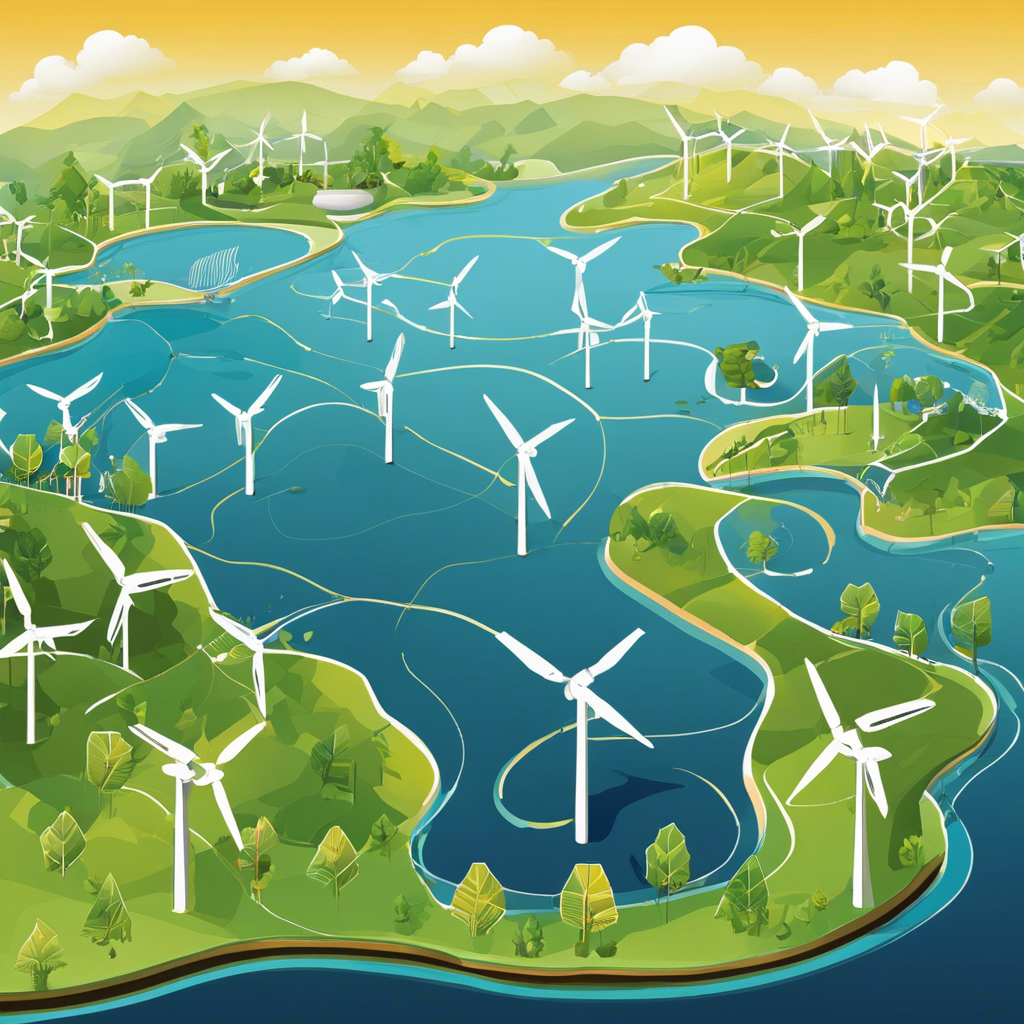Our planet is home to an astonishing array of life forms, from microscopic bacteria to majestic whales, and this diversity of life is what we call biodiversity. It is the variety and variability of living things and the ecological complexes in which they occur. But why is biodiversity so important, and what makes it worth protecting?
First and foremost, biodiversity is essential for the functioning of ecosystems. Each species, no matter how big or small, plays a unique role in maintaining the delicate balance of nature. For example, bees and other pollinators are responsible for fertilizing a vast array of plant species, including many crops that provide us with food. Without these diligent pollinators, our ecosystems would falter, and our food security would be at risk.
Moreover, biodiversity also holds tremendous value for humans in the form of natural resources and ecosystem services. From medicinal plants that hold the key to curing diseases to natural processes like pollination and pest control that support agriculture, biodiversity is integral to our survival and well-being. Not to mention the aesthetic, cultural, and spiritual value we derive from the diversity of life, whether it’s the beauty of a wildflower meadow or the deep connection that many indigenous communities have with nature.
Biodiversity also enhances the resilience of ecosystems to disturbances and changes in the environment. A diverse ecosystem is better equipped to withstand threats such as climate change, natural disasters, and disease outbreaks. For example, in a diverse forest, if one species is affected by a disease outbreak, other species may be able to step in and fill the gap, preventing a complete collapse of the ecosystem.
However, human activities pose significant threats to biodiversity. Habitat destruction, deforestation, pollution, and climate change are just a few of the many ways in which we are inadvertently causing harm to our planet’s precious biodiversity. It is therefore incumbent upon us to take action and protect our natural world.
Conservation efforts, such as the creation of protected areas and the implementation of sustainable practices, are crucial steps towards safeguarding biodiversity. By preserving natural habitats and reducing our negative impact on the environment, we can help ensure that future generations can enjoy the benefits that a diverse planet provides.
Additionally, educating ourselves and others about the importance of biodiversity is key. Raising awareness about the value of nature and the consequences of its loss can foster a sense of stewardship and encourage people to take action in their own communities. Whether it’s through supporting local conservation initiatives or simply adopting more sustainable practices in our daily lives, every small act can make a difference.
In conclusion, biodiversity is truly priceless, and its preservation is essential for the continued existence of life on Earth. It is our responsibility to protect and conserve this valuable legacy for the future. This means not only taking action on a global scale but also in our own backyards, by fostering a deeper connection with nature and recognizing the intrinsic value of all life forms.

